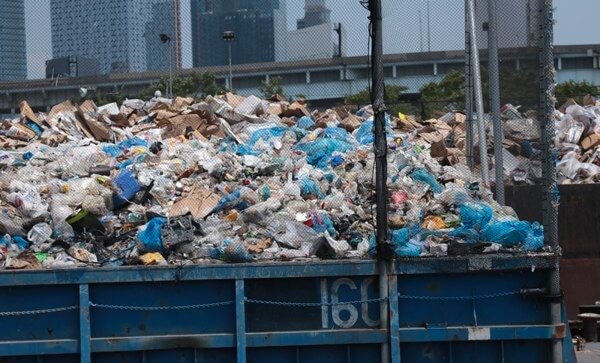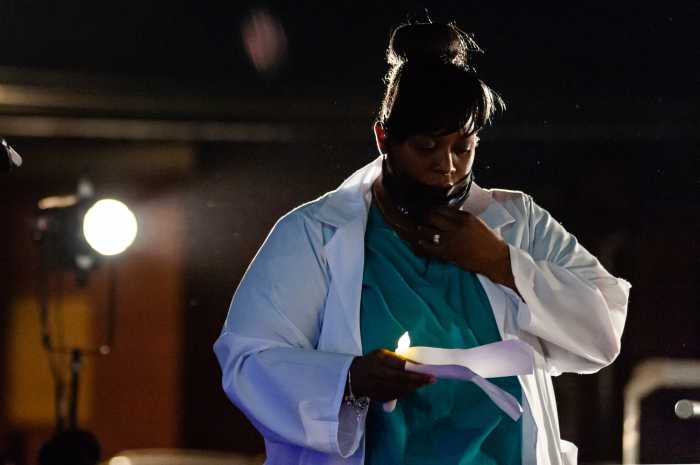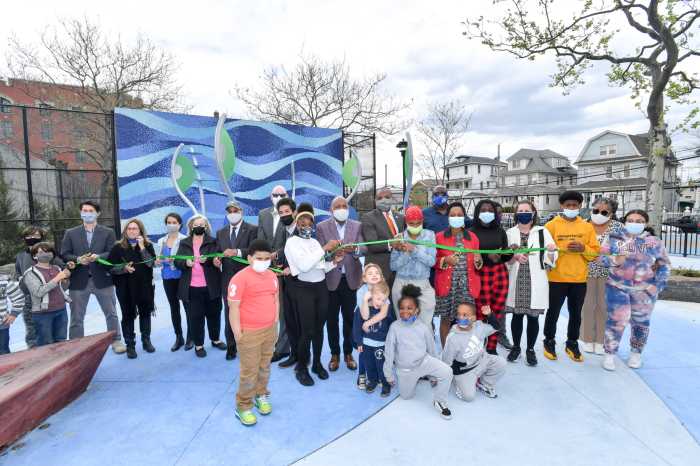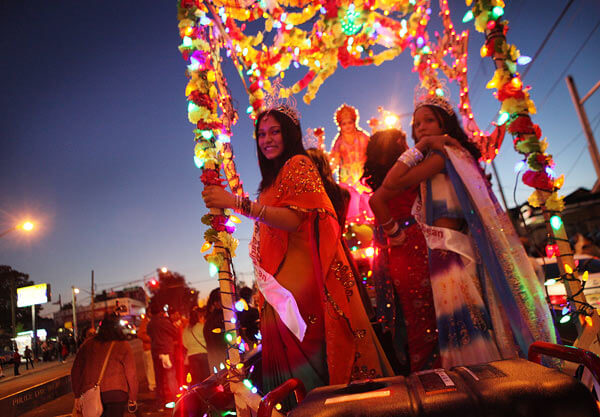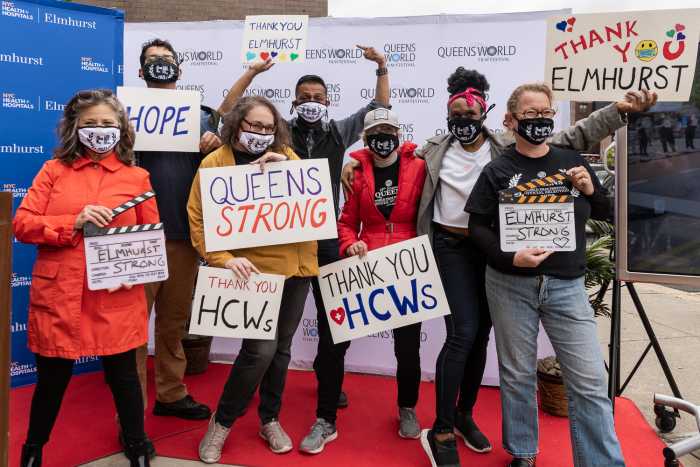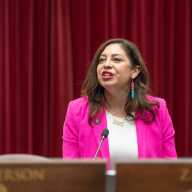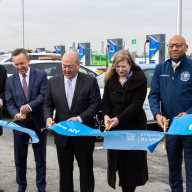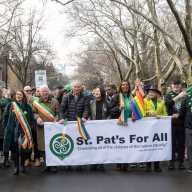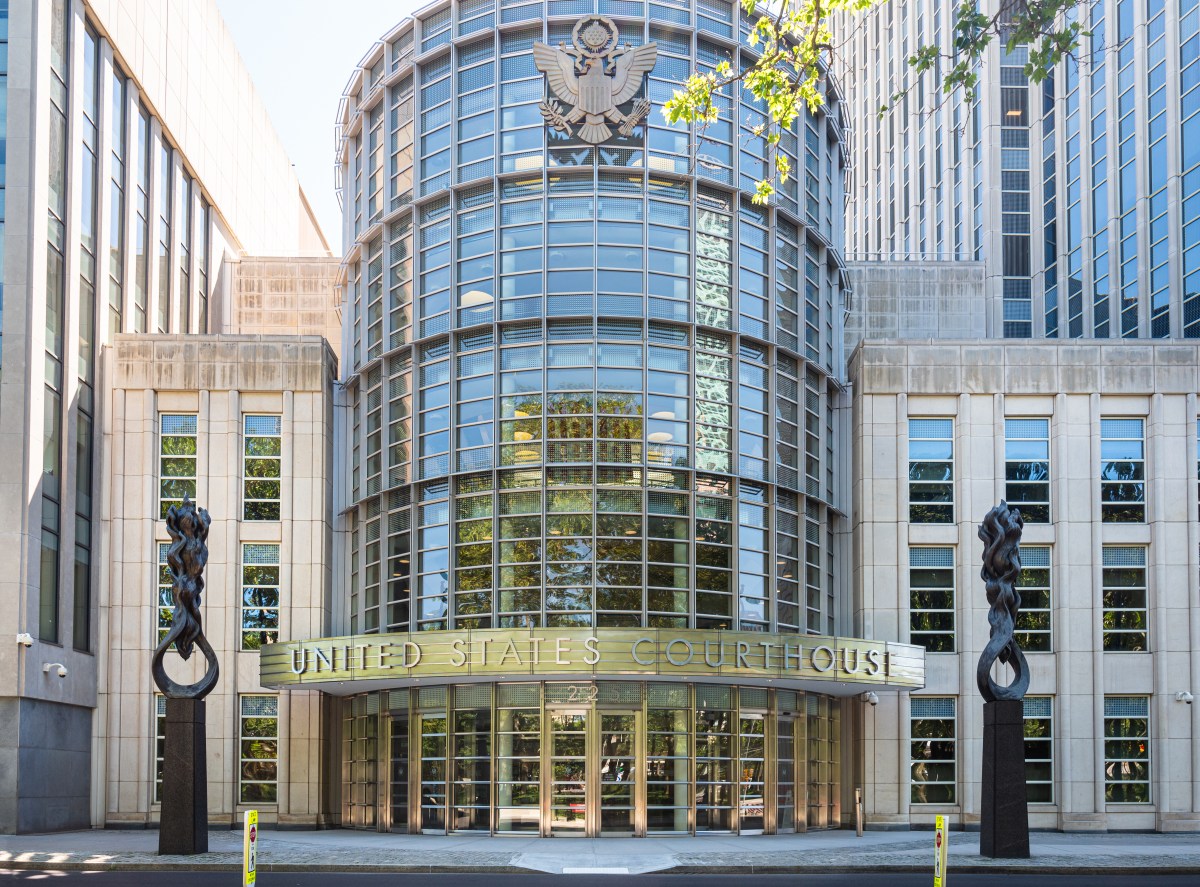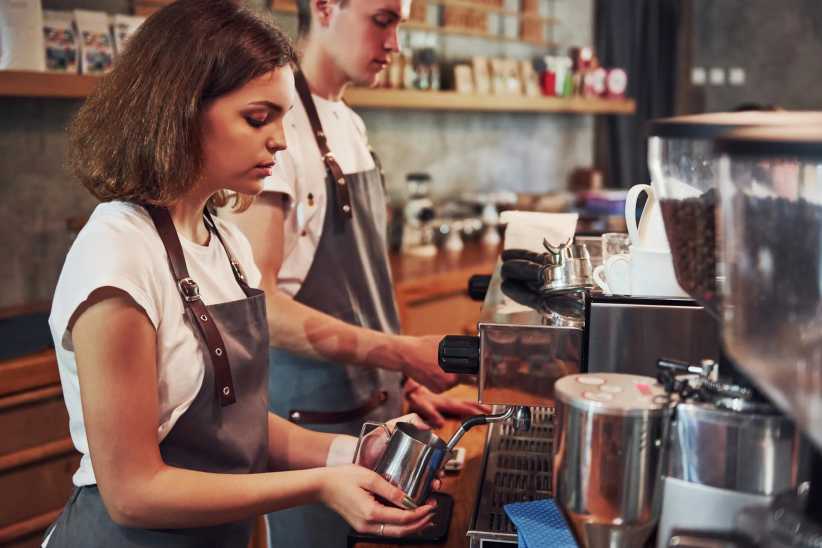Following a year of community outreach, the Queens Solid Waste Advisory Board (SWAB) compiled an analysis of the borough’s waste landscape.
Written by more than 20 Queens residents with support from DSNY, DOE, GrowNYC, and an array of the borough’s environmental nonprofits, the groundbreaking report provides a baseline against which a now formally recognized Queens SWAB under Queens Borough President Donovan Richards can evaluate progress in helping the city address climate change.
“The State of Waste in Queens report provides a detailed overview of how waste is currently managed in Queens and shows the borough can do much better in terms of diverting recyclable and compostable waste,” Richards said. “I thank the QSWAB Organizing Committee for its hard work and dedication in preparing the report. My office looks forward to using it as a resource as we work with QSWAB to develop innovative strategies to help our borough achieve a zero-waste future.”
Among the findings detailed in the report, Queens sent approximately 2,600 tons to landfills per day last year, according to the report. Despite tripling the reach of curbside compost collection from 2016 to 2018, Queens only saw a one percent increase in diversion to 16 percent.
A fraction of Queens’ 422,970 buildings with 10 units take advantage of free DSNY tactile and electronic diversion programs, with only 638 enrolled in refashionNYC and 3,497 participating in ecycleNYC.
Ridgewood Councilman Antonio Reynoso praised the work and dedication of those who worked on the report, saying it provides a clearer understanding of how the waste management system in Queens is functioning.
“One thing is clear — we have a lot of work to do,” Reynoso said. “Whether it’s environmental injustice, recycling, littering, or illegal dumping, waste intersects with our neighborhoods in a variety of impactful ways. The Queens SWB is now leading the way to reimagine how we handle waste so that we’re not only keeping our streets clean but also reducing waste and its impact on our environment.”
The report recommends increased involvement in city waste programs in Queens buildings of more than 10 units, recruiting restaurants to participate in diverting food before it becomes compost and use it instead to feed people facing food insecurity, consider piloting innovative approaches to removing trash from public spaces, and honor Queens-based volunteer cleanup groups that started during the COVID-19 pandemic.
DSNY Commissioner Ed Grayson, who was raised in Ridgewood and resides in Middle Village, appreciated the report’s findings and recommendations.
“This report is the result of hard work by dedicated residents, and I want to thank the members of the Queens SWAB for their focus on issues that are ignored all too often,” Grayson said. “I look forward to continuing to work with them and Borough President Richards to expand environmental justice and equity in the World’s Borough.”
One idea proposed as a fun focus for the year ahead as the borough emerges from the COVID-19 lockdowns is a new tradition inspired by the annual Queens Day and Kings Day holidays in the Netherlands, that would have residents exchanging, bartering, and selling used goods in free markets. A Queens versus Brooklyn competition to see which borough can divert more goods from the landfills could become a new tradition, according to the report. “I want to congratulate Queens SWAB on this important milestone,” Reynoso said. “And I look forward to collaborating with them to pursue a cleaner, more sustainable Queens.”
You can read the full report here.

